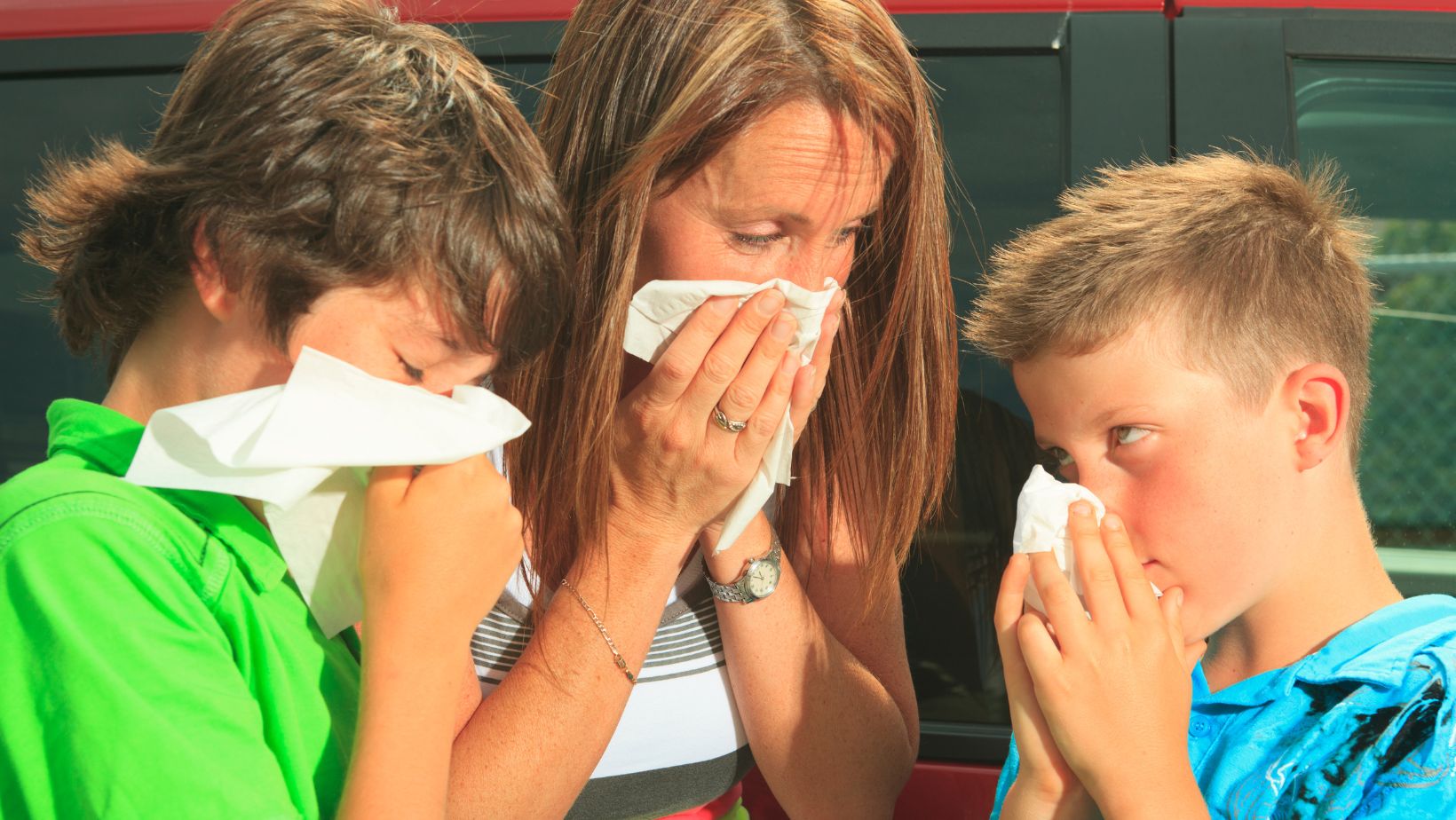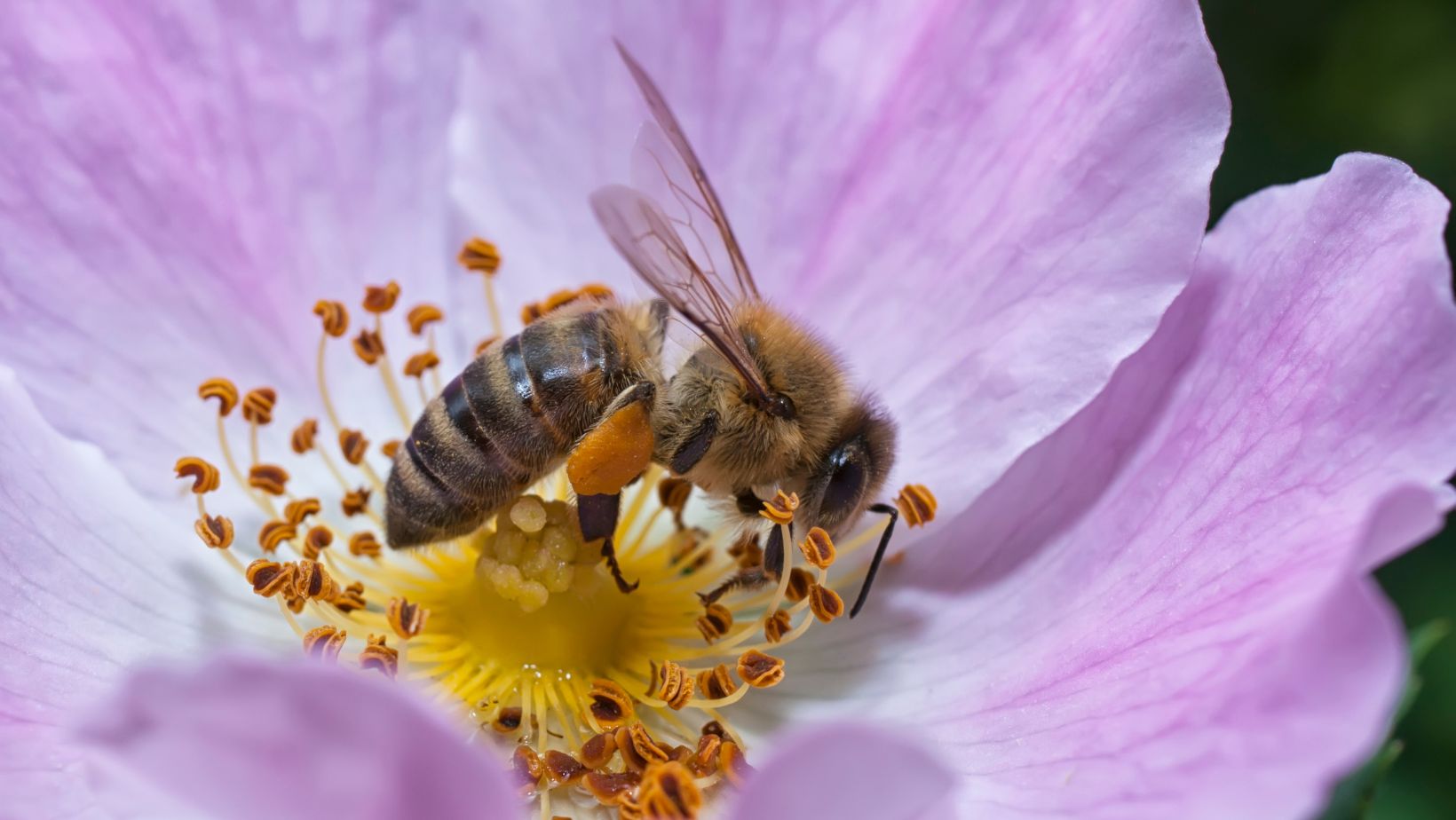
Pollen Count Raleigh NC
If you’re like me, living in Raleigh, NC, you’ve probably noticed the yellow dust that coats everything during certain times of the year. Yes, I’m talking about pollen. It’s not just a nuisance for your car’s paint job, but it can also wreak havoc on your allergies.
Understanding the pollen count in Raleigh, NC, is crucial for those of us who suffer from seasonal allergies. It’s not enough to just know it’s high – we need to understand what it means and how it impacts our daily lives. Let’s dive into the world of pollen counts, specifically in Raleigh, NC, and see how we can better manage our allergies.
Remember, knowledge is power. So, let’s empower ourselves by understanding the pollen count in our beautiful city.
What is Pollen?
Let’s dive straight into the meat of the discussion. What’s pollen anyway? It might surprise you to know that these microscopic particles are both a blessing and a curse for us in Raleigh.
Definition of Pollen
Pollen is a fine to coarse powdery substance, often yellow in color, which plants produce as part of their reproductive process. In order to understand pollen better, you need to think of it as plant sperm. Plants produce these tiny particles with a sole purpose: to fertilize other plants of the same species. The grains are transported primarily by wind, insects, birds, or other animals – a process referred to as pollination. To put it plainly, without pollen, there would be no plant reproduction and no life as we know it.
Raleigh’s environment, with its dense flora, is rich in pollen – particularly during the spring and fall. On a typical spring day, countless grains of pollen are released into the air, impacting residents’ daily lives.
Importance of Pollen
The importance of pollen goes beyond plant reproduction. Believe it or not, despite being the cause of sniffling and sneezing for many in Raleigh, pollen is essential to our ecosystem’s balance.
Let’s get this straight: Pollen is the driving force behind the production of fruits, vegetables, and seeds – crucial parts of our diets. It’s also key to the production of honey. Without pollen, the honeybees wouldn’t be able to produce honey, a vital resource in the food chain.
Economically, plants that need pollen to grow play a crucial role. Consider crops such as soybeans, apples, or peaches. Without pollination made possible by pollen, these crops wouldn’t exist, causing severe economic consequences.
In regards to health, there’s an intriguing aspect about pollen: While it can be a bothersome allergen for many, it’s also a potent superfood. Rich in proteins, vitamins, and minerals, bee pollen is now considered a dietary supplement and is used worldwide for its health benefits.
So by now, you can see how an understanding of pollen counts holds the potential not only to alleviate allergy symptoms but also to contribute significantly to the local Raleigh economy, diet, and health.

Understanding Pollen Allergies
So, we’ve dug deep into the world of pollen in Raleigh, NC. We’ve seen its significance in plant reproduction, its impact on our ecosystem and economy, and its role in our health. We’ve also learned how understanding pollen counts can help in managing allergy symptoms. It’s clear that pollen, though tiny, plays a big role in our lives. By keeping an eye on the local pollen count, we can take control of our allergies and better appreciate the natural world around us. Yes, pollen can be a nuisance for allergy sufferers, but it’s also a critical part of our environment. Here’s to a clearer understanding of pollen and a healthier Raleigh!






